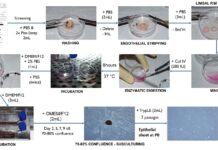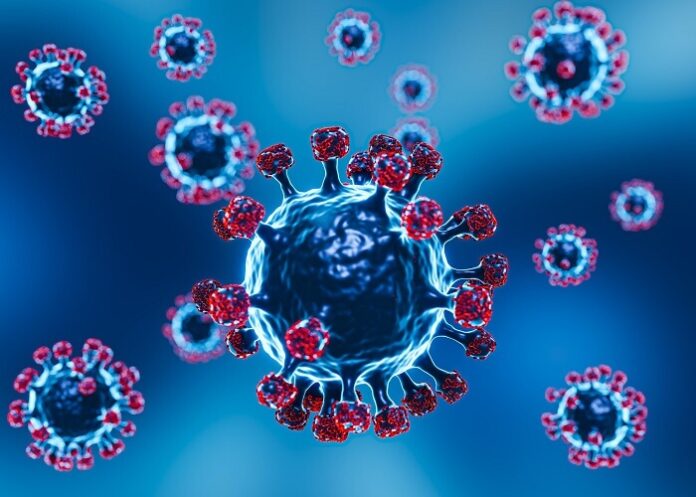Researchers have identified a new antibody capable of neutralizing all known variants of SARS-CoV-2, the virus responsible for COVID-19, along with related coronaviruses found in other animals. The breakthrough came as part of a study on hybrid immunity, led by a multi-institution team spearheaded by The University of Texas at Austin. They isolated a broadly neutralizing plasma antibody, SC27, from a single patient. By leveraging advanced technology developed through years of antibody research, UT scientists and engineers determined the exact molecular structure of the antibody, paving the way for large-scale production for future treatments.
“The discovery of SC27, along with future antibodies, will improve protection against current and future COVID variants,” stated Jason Lavinder, research assistant professor at UT’s McKetta Department of Chemical Engineering and one of the study’s leaders. The research was recently published in *Cell Reports Medicine*.
Since the emergence of COVID-19, the virus has evolved rapidly, with each variant exhibiting different traits, many of which have increased resistance to vaccines and treatments. Antibodies like SC27 target the virus’s spike protein, which allows it to attach to and infect human cells. By blocking this spike protein, SC27 prevents the virus from binding to cells, thereby stopping infection. Fellow UT researchers, who first decoded the structure of the original spike protein, confirmed SC27’s ability to recognize and neutralize various spike protein variants.
The technology used to isolate the antibody, known as Ig-Seq, combines single-cell DNA sequencing and proteomics to give researchers a detailed view of the immune response to infection and vaccination.
As reported by medicalxpress.com, one of the study’s goals, according to co-leader Will Voss, a recent Ph.D. graduate from UT’s College of Natural Sciences, is to work toward a universal vaccine that can elicit a strong immune response against a rapidly mutating virus.
The research also highlights the enhanced protection offered by hybrid immunity—a combination of prior infection and vaccination—compared to either vaccination or infection alone.
This discovery comes as COVID-19 cases rise again, emphasizing the continued need for innovative treatments. The team has already filed a patent application for SC27.
























